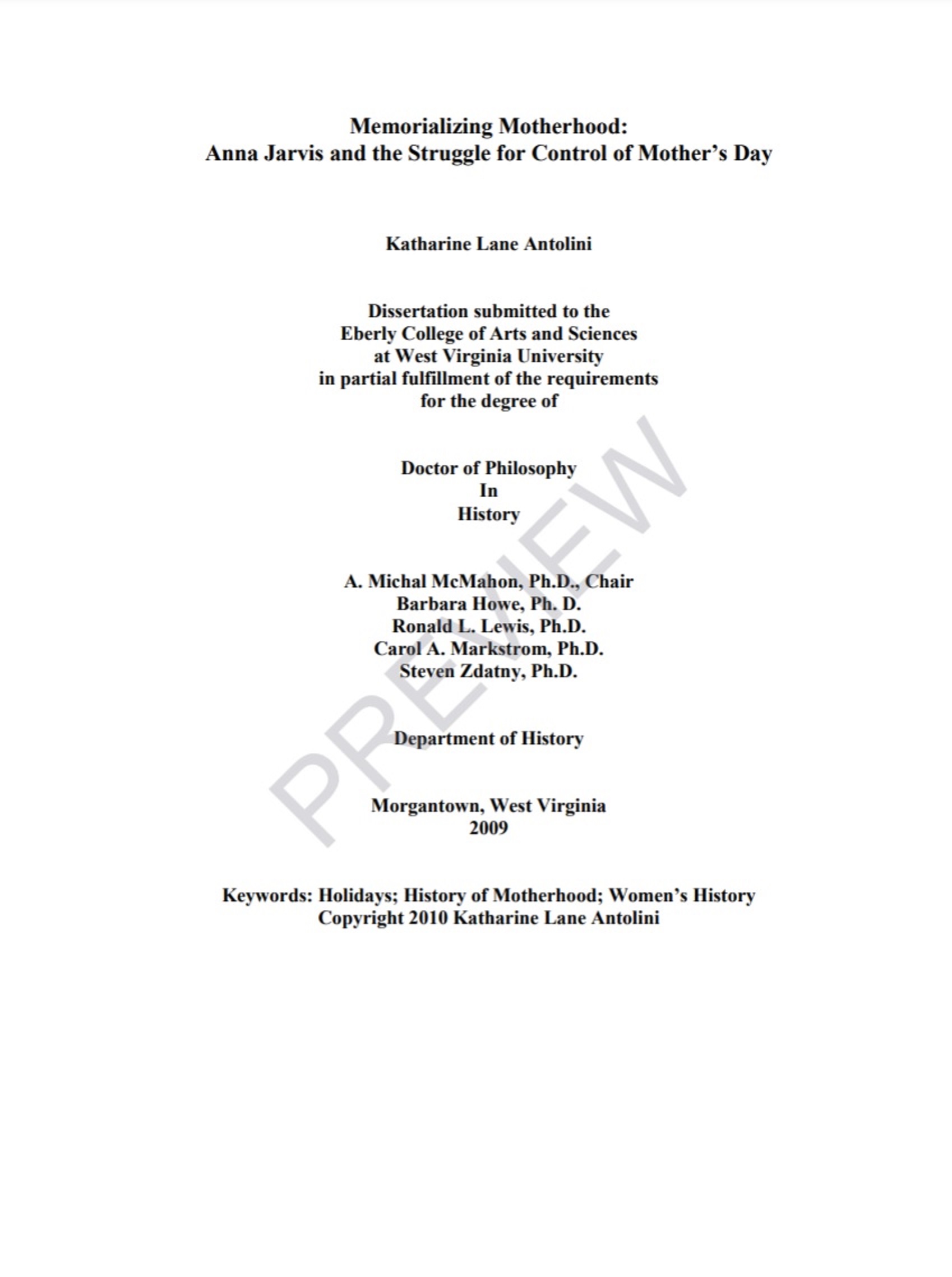“Every year as Easter approaches, if you are lucky, you might catch the scent of baking bread and fragrant anise wafting in the air in my hometown of Clarksburg, West Virginia. Easter bread, sweet and flavored with anise seed, is a holiday ritual in the Italian-American community here. With roots stretching back to Calabria, making Easter bread is a foodways tradition that now thrives in North Central West Virginia” — Lori Hostuttler, Assistant Director at West Virginia & Regional History Center
Standards West Virginia | Lane Department of Computer Science & Electrical Engineering
Yaupon Drink: A Medicine Bundle in the Atlantic World
Steven P. Carriger Jr, University of Tennessee, Knoxville
Abstract. This dissertation examines yaupon drink, a tea made from yaupon holly along with other ingredients, as a medicine bundle in the Atlantic World. Originally a medicinal drink used by Native Americans across the what is today the American South, over time the tea became a trade good demanded by the Spanish and a medicinal herb sought by European botanists and medical practitioners. Chapter One traces yaupon’s origins across the southeast and bundles the drink into the many cosmic and social connections it held. Chapter Two shows how the Spanish colonial presence offered an alternative to yaupon in Florida, through Christianity and its Sacraments even as the Spanish themselves began to commodify it, demanding it as an item of tribute. Chapter Three looks beyond Spanish Florida into the interior of the southeast as Creek, Cherokee, and Natchez towns negotiated the “Shatter Zone” and shows how towns of the Native Americans preserved or changed how they used yaupon in response to European colonialism. Chapter Four explains how the yaupon became a part of medicine and gardens in early modern Europe and how its leaves negotiated the changes that the Enlightenment brought. Using archaeology and European narrative histories, this dissertation examines yaupon drink within its relational fields, recognizing its affordances and how these help write a small piece of a decolonized history of the tangled relationships among Native Americans and Europeans in Southeast and the larger Atlantic World.
Related:





















